Some of the most important health benefits of henna include its ability to relieve headaches, detoxify the body, improve nails, protect the skin, boost hair health, cool the body, reduce inflammation, and speed healing.
Henna
The word “henna” is understood by people around the world in many different ways. The majority of people probably associate henna with the dark-red/brown dye for hair and skin that is traditionally used in Eastern cultures, but the name also applies to the flowering plant from which that dye is derived.
[wp_ad_camp_1]
As the sole species in the Lawsonia genus, henna has many different names across the globe, including hina and Egyptian privet, but they are all describing the same remarkable plant, which has the scientific name Lawonia inermis. You can identify a henna plant by its small white or pink flowers, as well as the small fruit it bears. Henna can be used in a wide variety of ways, including its dye form, as well as in aqueous extracts, tinctures, and salves, composed of the bark, seeds, or leaves. This versatility makes henna a very vlauable element in traditional medicines, particularly Ayurvedic practice.
Henna oil, bark, and seeds are the most common forms for medicinal benefits, and the high concentration of chemicals and nutrients in the plant gives it anti-inflammatory, hypotensive, antibacterial, astringent, and antiviral effects, among many others. While henna as an herbal treatment been widely accepted in the west, it has been used in Eastern cultures for thousands of years, and its popularity is beginning to spread. Now, let’s take a more in-depth look at the many impressive health benefits of henna.
Health Benefits of Henna
Wound Healing:
One of the most notable uses of henna is for protecting the skin against infections and eliminating inflammation. Henna has been applied to burns, wounds, and scrapes for generations, not only because it can add a protective layer against foreign pathogens and substances, but also because it has natural cooling abilities that literally suck the heat from the skin. This makes it very useful for sunburns, in a similar capacity as aloe gel.
Fever Reducer:
Henna is also able to bring down fevers, according to Ayurvedic traditions. When people are suffering from very high fevers as a secondary symptom of another condition, that rise in temperature throughout the body can be dangerous for organ function and metabolic processes. Bringing the overall temperature of the body down is essential, and henna can accomplish this by either inducing sweating and effectively “breaking” the fever, or simply cooling the body and providing some relief.
Headaches:
The juice of the henna plant is not always praised as being particularly beneficial, but in fact, the juice of the plant can be directly applied to the skin for fast relief from headaches. The anti-inflammatory effects of the compounds found in henna help it reduce that tension and promote healthy blood flow in the capillaries, which is a common cause of headaches and migraines.
Anti-Inflammatory Capacity:
In a similar vein as the headache solution outlined above, henna oil is used topically for arthritic and rheumatic pains. As we age, our joints become more painful as cartilage and muscle deteriorate. This can result in painful inflammation in many different parts of the body. By applying henna oil to the inflamed or affected areas, you can guarantee a healthier and broader range of motion to maintain and active and happy life.
Anti-Aging:
Although the antioxidant capacity of henna has not been widely studied, the oil has been proven to be an astringent, which has led some people to use henna juice and oil on the skin to reduce the signs of aging and wrinkles, as well as unsightly appearance of scars and other blemishes. This is complemented by the antiviral and antibacterial effects that can protect the body’s largest organ – the skin!
Sleep Issues:
Henna oil has been directly linked to alleviating certain sleep disorders, so if you are suffering from insomnia or chronic restlessness, adding a bit of henna oil to your herbal regimen can get you back into a regular, restful schedule of sleep by soothing the body and mind, easing it into a relaxed state before sleep.
Detoxify the Body:
By soaking the bark or leaves of the henna plant in water and then consuming the consequent liquid has been connected to improved spleen and liver health. The liver is a crucial level of protection for the body, and helps to eliminate the toxins that accrue in the body. By optimizing its function and ensuring its health, you can prevent a wide range of other health conditions.
Hair Health:
Although most people would associate henna’s effect on the hair to dying its color, henna actually plays a number of roles in that part of our body. Henna has been proven to increase the strength of the hair and therefore represents a safe dye that doesn’t permanently affect the health of our follicles. Henna helps seal the hair cuticle, preventing breaking, and increasing the shine and appearance of the hair. For people suffering from hair loss or baldness, henna also inhibits this from happening. The traditional mixture is putting henna juice or oil into curds and then mixing this into your hair, as this increases the effect of the treatment.
Nails:
People often forget about maintaining healthy nails, but the cuticles and space under the nails are prime locations for infection and bacterial presence; therefore, treating your nails with henna is a wise choice. Drinking the water in which leaves have been steeped helps to prevent nails from cracking and also reduce inflammation. Applying a poultice directly to the nail beds can clear up irritation, pain, and infection in the nail beds.
Blood Pressure:
One of the most important and undervalued effects of henna is as a heart healthy herb. If you consume henna water or seeds, you can enjoy a hypotensive effect that relieves stress on the cardiovascular system and effectively lowers blood pressure. This can help prevent the plaque and platelet build-up in the heart and arteries, preventing heart attacks and strokes.
A Final Word of Warning:
Most varieties of henna are perfectly safe and non-toxic, but black henna does have some allergenic potential, as evidenced by skin rashes and internal discomfort by some users. Before adding any new herbal remedy to your normal routine, it is best to check with your medical practitioner or an herbalist. Also, hair dyes that claim to be henna-based occasionally contain other chemicals that those with sensitive skin may not appreciate, so read the labels carefully!
Source: organicfacts.net

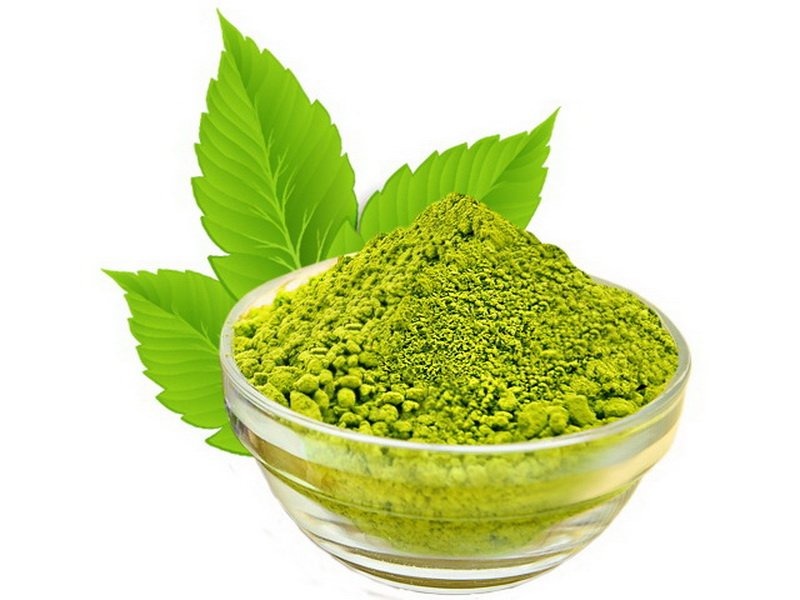
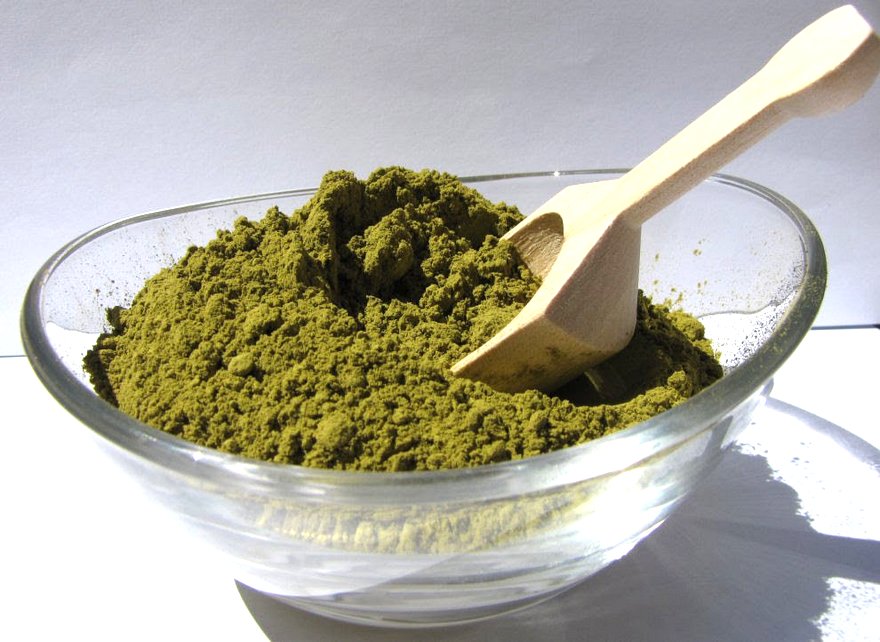
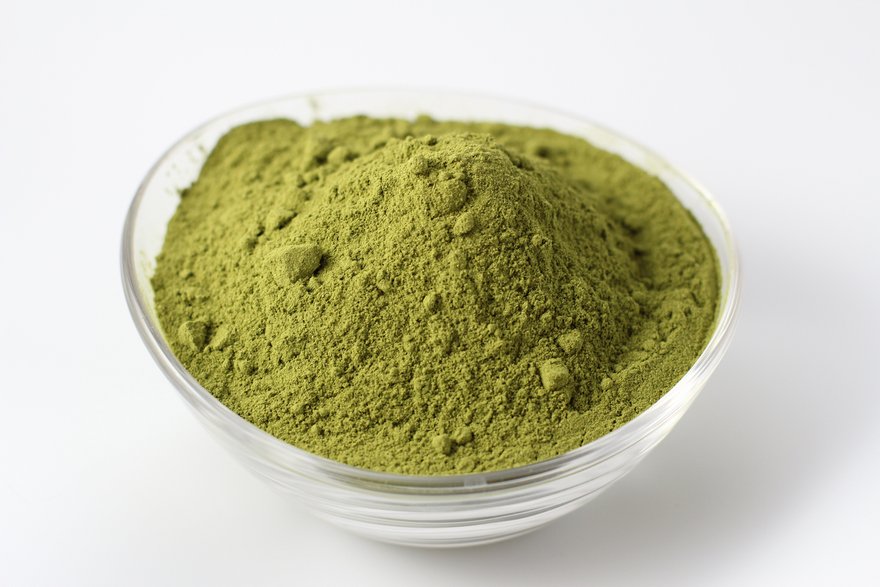
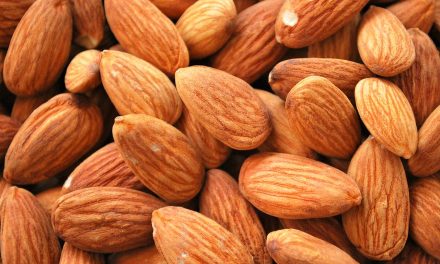


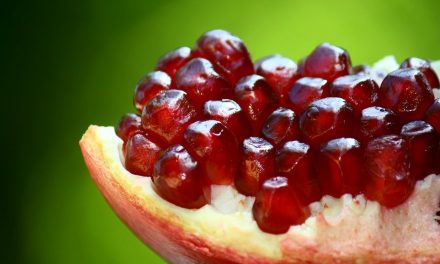





Hi,
My wife and me are having SLEEP problem
My wife age is 61 she is taking half to one tablet daily of Zole Fresh 5mg.
My self 70 i don’t get sleep after 2 or 2.30 a.m i usually go to bed before 11p.m the sleep is not sound full of dreams . please advice the method of using Henna oil and any other useful tips .
Thanks & regards
Ramesh Rao
Hi
SLEEP problem please advice method of using Henna oil ,any other useful tips .
Ramesh Rao
I am regular reader. I just read your enquiry. Please eat Ashwagandha Churna or tablets before bed. It gives good sleep, removes stress and cools your body.
You can also drink warm milk before going to Bed. It will give you good sleep.